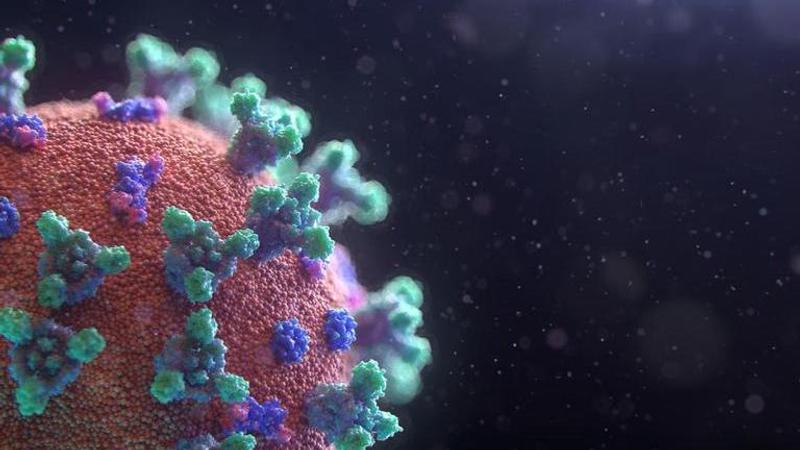Published 11:34 IST, July 18th 2020
Steroid's coronavirus benefits confirmed, immune cells recognise virus years later: Study
While a clinical trial showed benefits for people with advanced or moderate disease, scientists in Singapore found that the immune cells recognise COVID-19.

While coronavirus continues to spread across the globe and researchers struggle to find treatments and vaccines for the deadly virus, recent scientific studies turned out to be positive. According to reports, while a large randomised clinical trial in Britain showed benefits for people with advanced or moderate disease, scientists in Singapore found that the immune cells recognise COVID-19 years later. Studies on the novel coronavirus continue and here is a brief round-up of some of the latest ‘breakthrough’ researches.
According to a study published in the New England Journal of Medicine, the full results of a large randomised clinical trial in Britain, also known as the gold standard of tests, showed that the steroid dexamethasone has benefits. As per the scientists, the steroid showed benefits for people with advance or moderate disease. It was revealed that nearly 2,104 patients were randomly assigned to receive dexamethasone and approximately 4,321 to received usual care.
As per the study, after four weeks, dexamethasone had reduced the risk of death by 36 per cent among patients who needed mechanical ventilation when they entered the study and 18 per cent among those received oxygen without mechanical ventilation. The researchers said that the drug did not improve survival among COVID-19 patients who were not using oxygen or mechanical ventilation, however, health experts believe that the results of the research show the crucial importance of large, well-designed, carefully run, randomised controlled trials.
‘Immune’ cells may recognise COVID-19
On the other hand, another research conducted by the scientists in Singapore revealed that the ‘immune’ cells may recognise the coronavirus years later. As per the study, the researchers said they the immune system cells called T and B cells ‘remember’ the virus and can trigger an immune response years later. The scientists in Singapore looked for ‘memory’ T cells in nearly 36 COVID-19 survivors and 23 survivors of the 2003 coronavirus that caused SARS, and approximately 37 people who never had either illness.
The study published in the journal Nature revealed that all coronavirus survivors had T cells that recognised the deadly virus. Further, as per the research, the SARS survivors all had T cells that remembered the 2003 virus and surprisingly the T cells also recognised the new virus as well. Moreover, the researchers said that more than half of those who were never infected with either virus had protective T cells.
The scientists said that the study suggests that the people who weren’t infected with either coronavirus or 2003 SARS may have encountered other viruses in the past, and there may be some pre-existing immunity to the new coronavirus in the general population. While speaking to an international media outlet, the researchers said that they found that the present discussion about ‘antibodies are fading away’ is a little pointless. They further added that a level of B and T cell memory remain to be present to quickly start an effective immune response in a bid to stop the viral spread.
(Image: Unsplash)
Updated 11:34 IST, July 18th 2020




